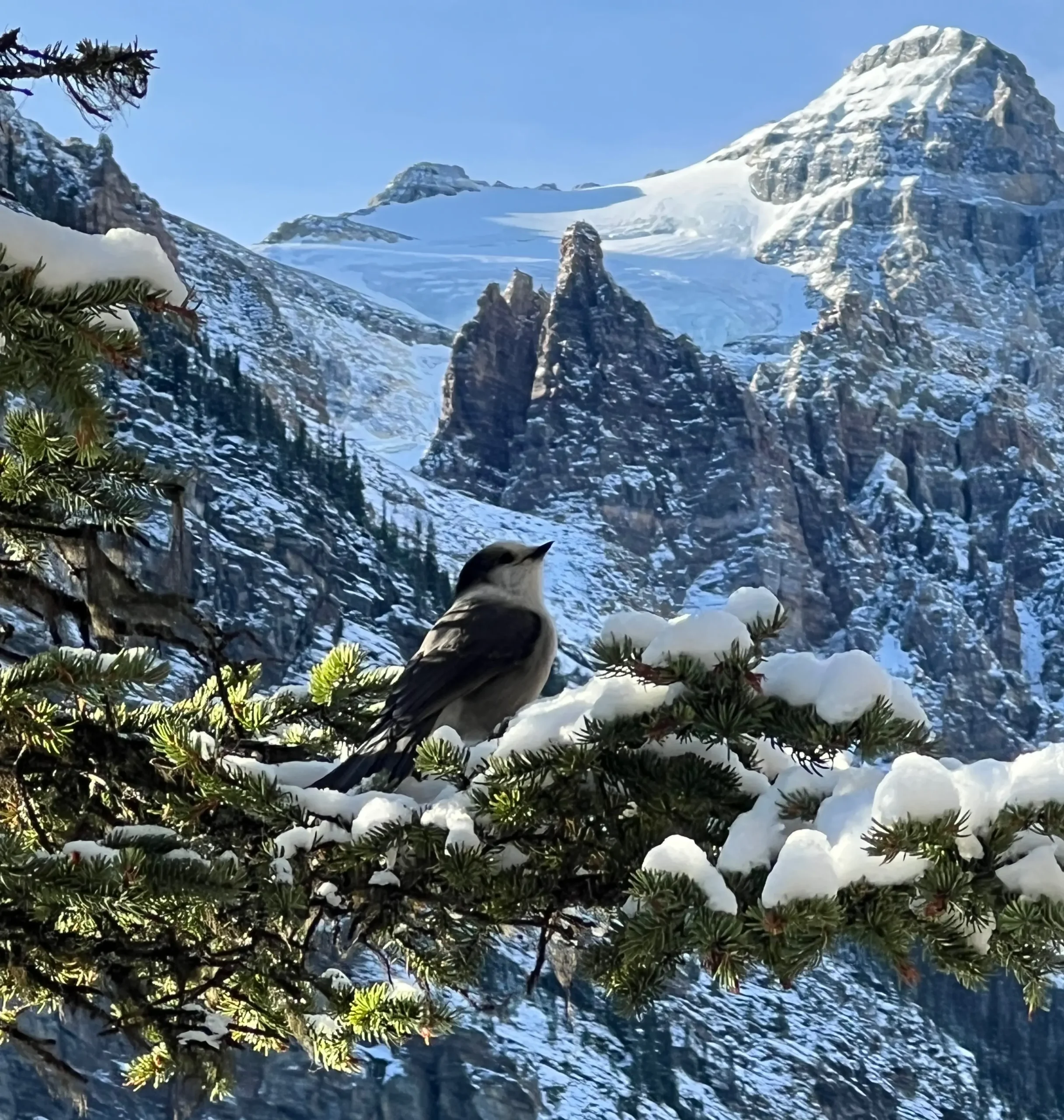The Climate Roundup 3.5.23
Hey climate heroes! Welcome to The Climate Roundup, where we round up the change, er the news about climate and the environment. As part of the Gen E community, we thank you for making climate action part of everyday life. (Reading this newsletter counts!)
In Pop Culture:
Musicians like Brian Eno, Jacob Collier, and Anna Calvi are adding “Earth” to their songwriter credits so that a portion of their royalties are diverted to environmental causes. What a cool idea! Now we can get mad at Spotify for not paying artists AND for climate change.
GETTING DOWN TO CLIMATE BUSINESS:
🛢️️ Climate activists are, understandably, pretty pissed off about the Biden administration’s first major oil drilling venture, the Willow Project. Originally proposed by ConocoPhillips, the Willow Project will see drilling along Alaska’s North Slope. An online petition opposing the project has 1.6 million signatures, and young people are getting the #StopWillow hashtag trending. In response to these criticisms, “the Biden administration is looking at reducing the number of approved drilling pads from three to two and offering to boost nature conservation measures elsewhere in the state.” Still pretty bad, but hopefully more pressure will reduce the scale of the project even further. It’s what everyone who’s ever worked in customer service already knew: complaining works.
₿️ Senator Ed Markey and Representative Jared Huffman have introduced legislation targeting energy-intensive crypto mining which would require miners to disclose their emissions. The bill, called the Crypto-Asset Environmental Transparency Act, comes as Markey also holds a Senate hearing about the industry’s environmental impacts. According to the Senator, “While we’re working together as a nation to face down an existential crisis that puts the health and safety of our people and our planet in jeopardy, crypto miners are sucking megawatt after megawatt from our public grids and emitting skyrocketing greenhouse gasses, just so they can make a buck for themselves. We can’t afford to let this industry run roughshod over our communities any longer.” Pretty inspiring! But when you read it, remember that Ed Markey has a pretty thick Boston accent, and then imagine him saying “megawatt” and “roughshod.”
💰️ Speaking of climate and money, remember when several prominent conservative state treasurers and attorneys general announced they would punish “woke” banks who sought to incorporate climate risk and social concerns into investment and retirement funds? Well, to no one’s surprise, that’s backfiring. In North Dakota, not exactly a liberal stronghold, proposed legislation that would prohibit state governments or pension funds from working with banks that have ESG (environmental, social, and governance) goals was defeated by a 90-3 margin. That’s right, these bills are putting up Chicago Bears numbers. Turns out people want their retirement funds to make sure the planet still exists by the time they retire.
🦌 Climate change is fuelling more conflict between humans and wildlife, as animals are pushed towards human developments as they face diminished habitat, food availability and most importantly, water. This is bad news for both animals and humans, but great news for anyone who wants to see a moose up close before they die.
🌳 A new startup is proposing using trees that have been genetically modified to grow quickly to combat climate change. These fast-growing Poplars grow 50% faster and capture 27% more carbon than before, and after greenhouse testing, the company plans to plant 5 million of these trees. I’m sure developing fast-growing trees will have some kind of unintended consequence, but compared to some other popular geoengineering options — spraying sulfur into the atmosphere, blowing up the moon — I say bring on the freak trees! Worst case scenario, we get some real-life Ents.
🐦 Sea birds are eating so much plastic it’s causing a new disease called “plasticosis,” characterized by scars in the digestive tract from ingesting waste, or “plastic-induced fibrosis.” This disease makes the birds less able to digest their food and more susceptible to infections and other diseases. Although this study only covered sea birds, scientists suspect that other types of birds are affected, too. Man, this sounds pretty bad for birds. Good thing humans haven’t accidentally been consuming insane amounts of plastic for the past 50 years.
SOME STATS:
9%: STUDENTS REDUCED THEIR CONSUMPTION OF MEAT-BASED MEALS BY THIS MUCH AFTER LISTENING TO A SINGLE 50-MIN TALK ABOUT HEALTH AND CLIMATE IMPACTS (NEW SCIENTIST)
$161M: PAYOUTS TO FARMERS IN 2003 FOR A WATER-CONSERVING FIELD-FALLOWING PROGRAM, WHICH COULD SERVE AS A MODEL FOR CURRENT WATER-CONSERVATION TALKS (THE HILL)
Something Borrowed, Something Green
Now that Spring is bearing down on us, some of you are probably in the thick of wedding planning. If so, the New York Times has some tips for how to have a sustainable wedding. Of course, those of us with a paralyzing fear of commitment will have the most sustainable wedding of all: one that doesn’t happen.



